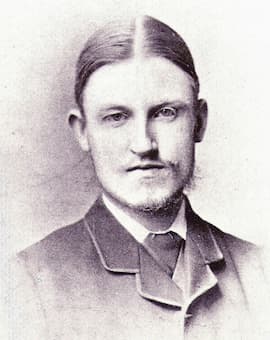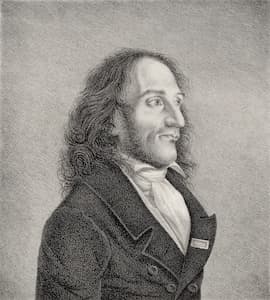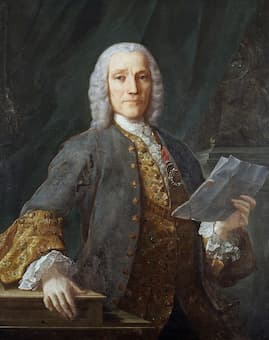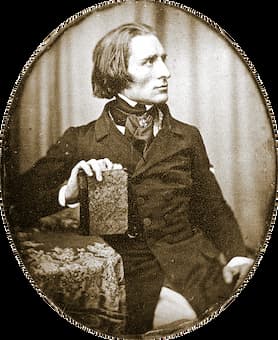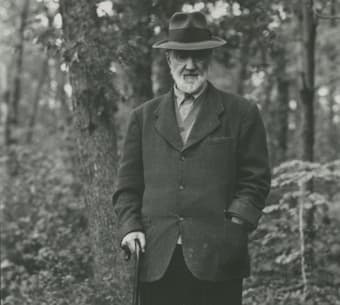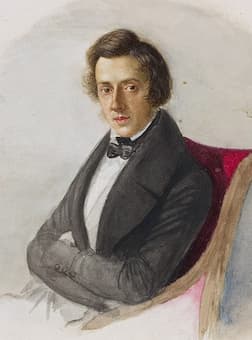Long before George Bernard Shaw (1856-1950) became a Nobel-prize winning dramatist and author of more than sixty plays, including Man and Superman of 1902 and Pygmalion of 1912, he worked as a music critic. He wrote his first musical criticisms
On This Day
Since 1994, World Vegan Day is celebrated on November 1. It commemorates the 50th anniversary of the UK Vegan Society devoted to non-dairy vegetarianism. Donald Watson and his future wife Dorothy Morgan coined the word “vegan,” and veganism is defined
In some parts of the word, Halloween is a hugely profitable holiday for retailers. In fact, roughly 25 percent of all the candy sold annually in the United States is purchased for Halloween. Halloween isn’t just a holiday for kids,
Niccolò Paganini was born in Genoa, then capital of the Republic of Genoa, on 27 October 1782. His father, Antonio Paganini was a dockworker and unsuccessful trader who supplemented his meager income by playing the mandolin for social occasions. Unsurprisingly,
The Scarlatti family was one of the most prominent musical dynasties in Italy, with various branches of the family living in Sicily, Rome, and in northern Italy. Alessandro Scarlatti (1660-1725) became the most important opera composer of his generation in
Franz Liszt was born to Marie Anna Lager and Ádám Liszt on 22 October 1811. His father was a gifted amateur singer, pianist and cellist who took part in summer concerts at the Esterházy estates. He personally knew Joseph Haydn,
The Ives family, prominently active in business, civic improvement and social causes, resided in Danbury, Connecticut. Charles Ives was born there on 20 October 1874 to George Edward Ives and his wife Mary Elizabeth Parmelee-Ives. George Ives was a U.S.
Frédéric Chopin suffered from serious and chronic health problems throughout his short life. Already in his teens, Chopin suffered from frequent respiratory problems that included coughing, headaches, and the swelling of the cervical lymph glands. Biographers and doctors have detailed

